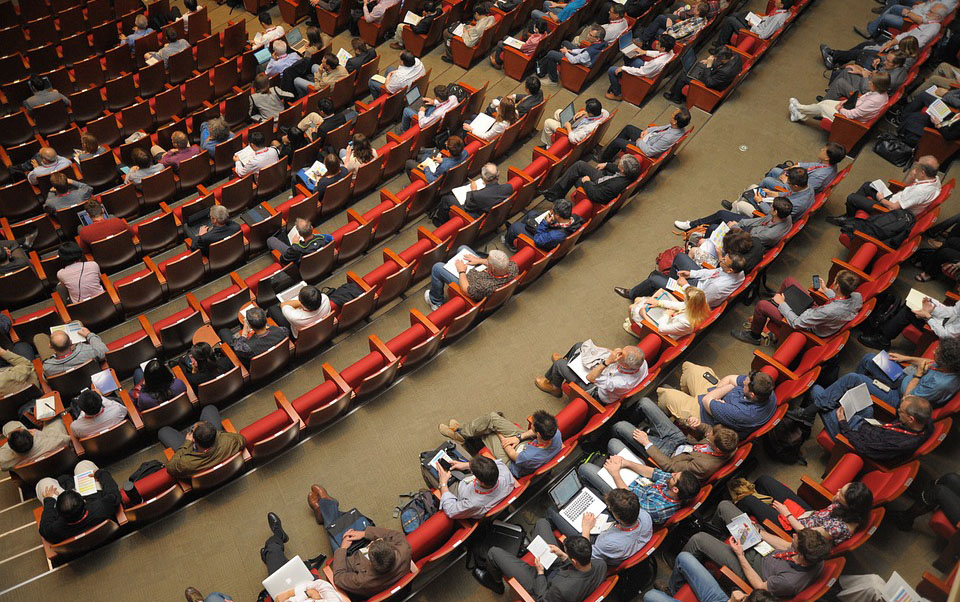Though they are often opponents, plaintiffs’ lawyers and insurers are rarely enemies. They may agree only to disagree, arguing with vigor—and countering objections to their arguments—on behalf of justice, as they define it; as they implore a jury to ratify it; as they ask a judge to certify it; as they appeal to the public to accept or reject it. But they are also professionals, which means they can separate the law from the litigants. They can talk to each other and learn from one another, so they may help not just their respective cases but the broader cause of safety and fairness.
Insurers should host a summit between themselves and plaintiffs’ lawyers, because the former can better understand the concerns of the latter. Where they can do good, they should achieve it. Where they can pursue goodness, they should do it. Where they can negotiate in good faith, they should renew their faith in the good they can accomplish together.
See also: Insurance and Fourth Industrial Revolution
According to Wayne R. Cohen, a professor at The George Washington University School of Law and
a Washington, DC, injury claims attorney, talk is not cheap; but it is cheaper than battling for months or years in court. He says: "Dialogue is neither an expression of weakness nor an effort for the weak-minded. It takes discipline to listen to your adversary, in contrast to talking over what your adversary has to say. By showing respect, each side may improve its chances of finding common ground without losing territory, so to speak."
I agree with Professor Cohen, not because I think every summit can solve every problem, but because I know we can solve some problems with a summit. If nothing else, a summit can clarify where insurers and plaintiffs’ agree, while it can reveal where a gap is too great to bridge and too dangerous to cross. Put another way, or to put it the way Winston Churchill said it: “Jaw, jaw is better than war, war.”
It is better to talk, when the parties in dispute are not too disputatious to abandon reason and too eager to fight, than it is to lose so much over what may be so little. It is better to reduce the chances of war, by which I mean litigation, unless the avoidable, in theory, becomes the inevitable, in reality.
Until that time, insurers should talk to plaintiffs’ lawyers. They should talk by exchanging ideas, not insults, because the essence of diplomacy is the attempt to reach a solution. Whatever complicates that attempt, be it words or deeds, be it threats or acts that threaten to disrupt these proposed talks—whatever each party can do, for the talks to continue, it should do.
See also: Innovation: ‘Where Do We Start?’
Let the parties talk, so we can talk about—and praise—their attempt to do the right thing. Let them talk about what is right, based on their attempt to see it; based on their attempt to will it.
Let them talk, please.


